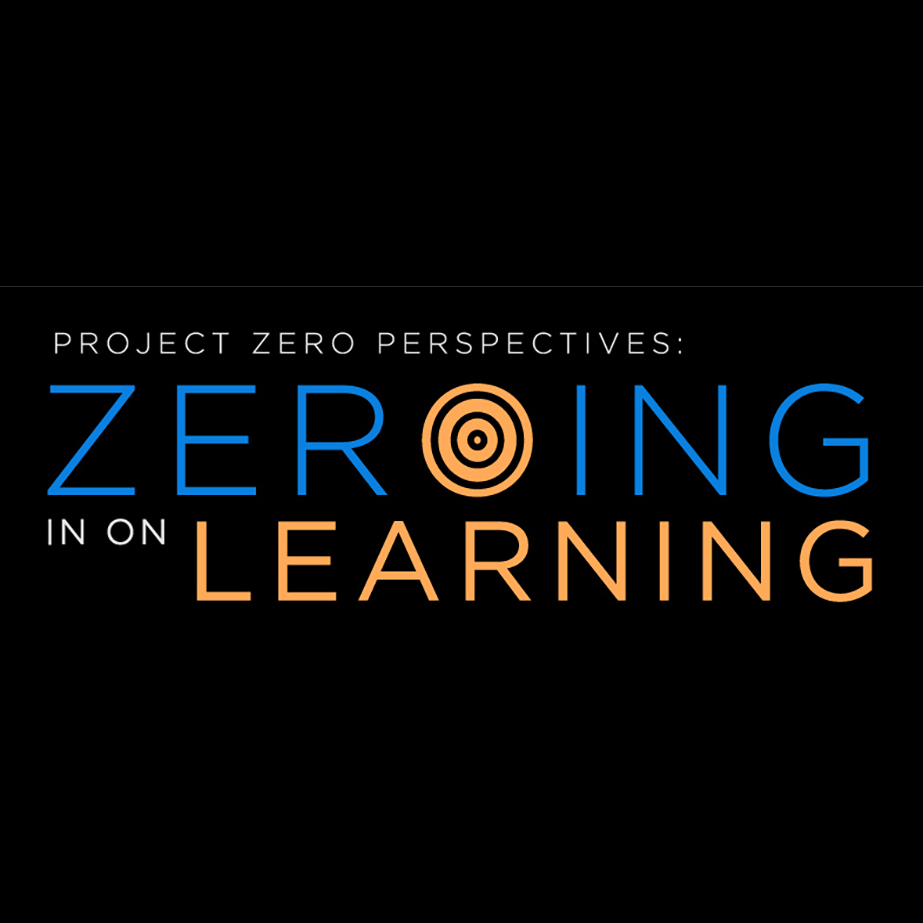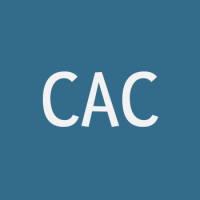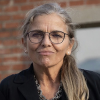
Founded in 1967 and recognized as world leader in educational research, Project Zero, in conjunction with the Center for the Advancement and Study of International Education (CASIE), will bring internationally-renowned researchers to a conference co-hosted by the International School of Amsterdam.
At Project Zero Perspectives conferences, educators from all contexts are invited to learn from and alongside Project Zero researchers and practitioners. The Project Zero team includes leading researchers, writers, thinkers and leaders in the field of teaching and learning. The professional learning from Harvard’s Project Zero has proven to be transformative for teachers and has direct, practical, and powerful application in the classroom.
Event Summary
With an over-arching theme of Zeroing in on Learning, the Amsterdam conference will consider in which environments learners can thrive; how focusing on thinking can lead to richer learning; and what lessons we can draw from effective collaboration. The conference will offer both large and small group settings, each addressing one or more of the following strands:
- Encouraging Creativity and “Maker Thinking” in Children: What can we learn from the practices of teachers in the arts and in the maker movement? How might we encourage creativity, play, and DIY habits of mind that are relevant to all disciplines?
- Global Citizenship in the Digital Age: How do educators ensure that learners in their charge explore complex issues of global significance through multiple perspectives? What are the civic, moral and ethical opportunities and challenges afforded by the digital age? What are the implications for civic education?
- Leading Learning That Matters: How do schools lead conversations about what learning matters? How does the quality of school leadership support progressive pedagogy and curriculum?
- Making Learning and Thinking Visible: How can visible representations of thinking be used as a force for student learning? How do we document and assess student and teacher learning in order to further our own learning? How do we help learners develop dispositions that support thoughtful learning across school subjects?










-
-
-
-
-
-
Support PZ's Reach